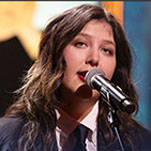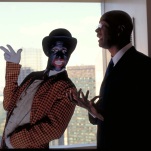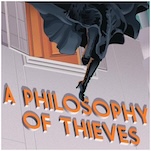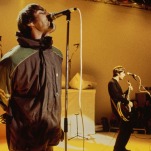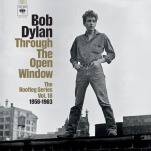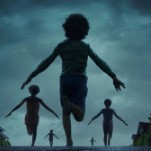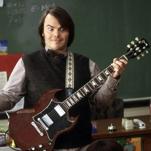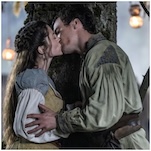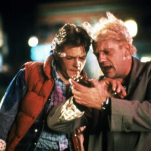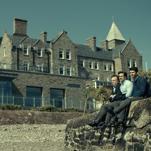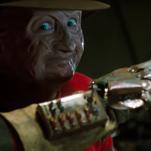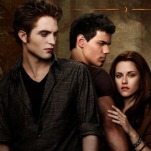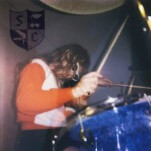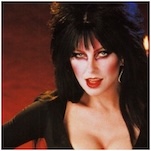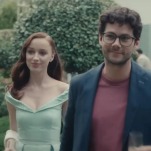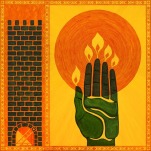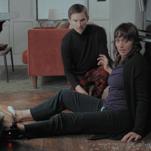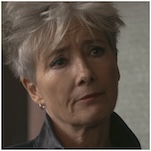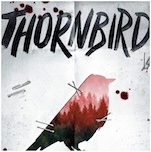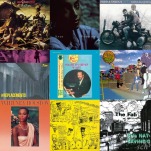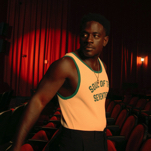A Charming Umbrella Academy Season 2 Leans Even Further into Family, Forgiveness, and Hope
Photo Courtesy of Netflix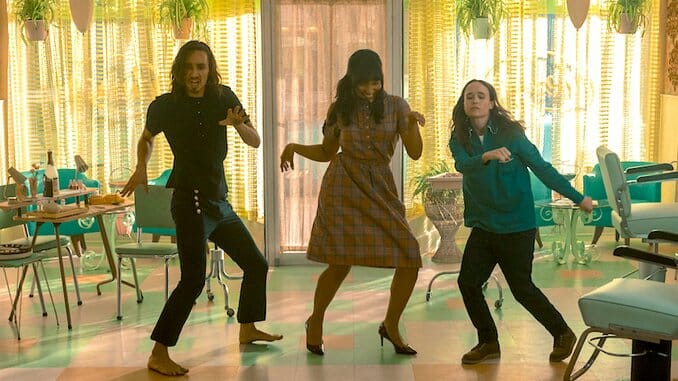
The first season of Netflix’s The Umbrella Academy was a superhero series for those who don’t really like superhero shows, an exploration of family, failure and the pain associated with being asked to live up to a destiny you never asked for. For the seven Hargreeves children who comprise the titular team, their powers have generally been more of a curse than a blessing, and their resulting mental problems, various substance addictions, and general loneliness are proof positive of that.
Yet few moments on television last year were as weird or beautiful as watching this group of misfits find ways to forgive each other and come together again. From Klaus (Robert Sheehan) finally harnessing his power of conjuring the dead to save his family with a little help from the brother they lost when they were children, to Allison (Emmy Raver-Lampman) choosing their sister Vanya’s (Ellen Page) life in the face of her brothers’ insistence she isn’t worth saving—this is a show that contains unique, magical moments alongside murder and hand-to-hand combat (that latter often thanks to David Castañeda’s Diego).
The beauty of The Umbrella Academy is that it isn’t Watchmen. Though the two clearly share some of the same dark DNA, this series isn’t about deconstructing the tropes and problematic elements of the superhero genre. (Though, to be fair, The Umbrella Academy does poke fun at many of them.) Yes, its story has multiple apocalypses, but it also never despairs. We literally see the world burning, but things never feel truly bleak. And though this is in the strictest sense a comic book adaptation, at its heart it’s really just a story about family, forgiveness, and hope.
The Hargreeves siblings seem to spend all their time running from the end of the world, but show never treats their efforts as futile. It never gives up on them, even when it occasionally appears as if they have given up on each other. And that’s oddly more comforting than ever before now, as the show returns for Season 2 amidst a real world that feels as messy and dangerous as any paradox that Number Five’s (Aidan Gallagher) time travel could accidentally create.
-

-

-

-

-

-

-

-

-

-

-

-

-

-

-

-

-

-

-

-

-

-

-

-

-

-

-

-

-

-

-

-

-

-

-

-

-

-

-

-


